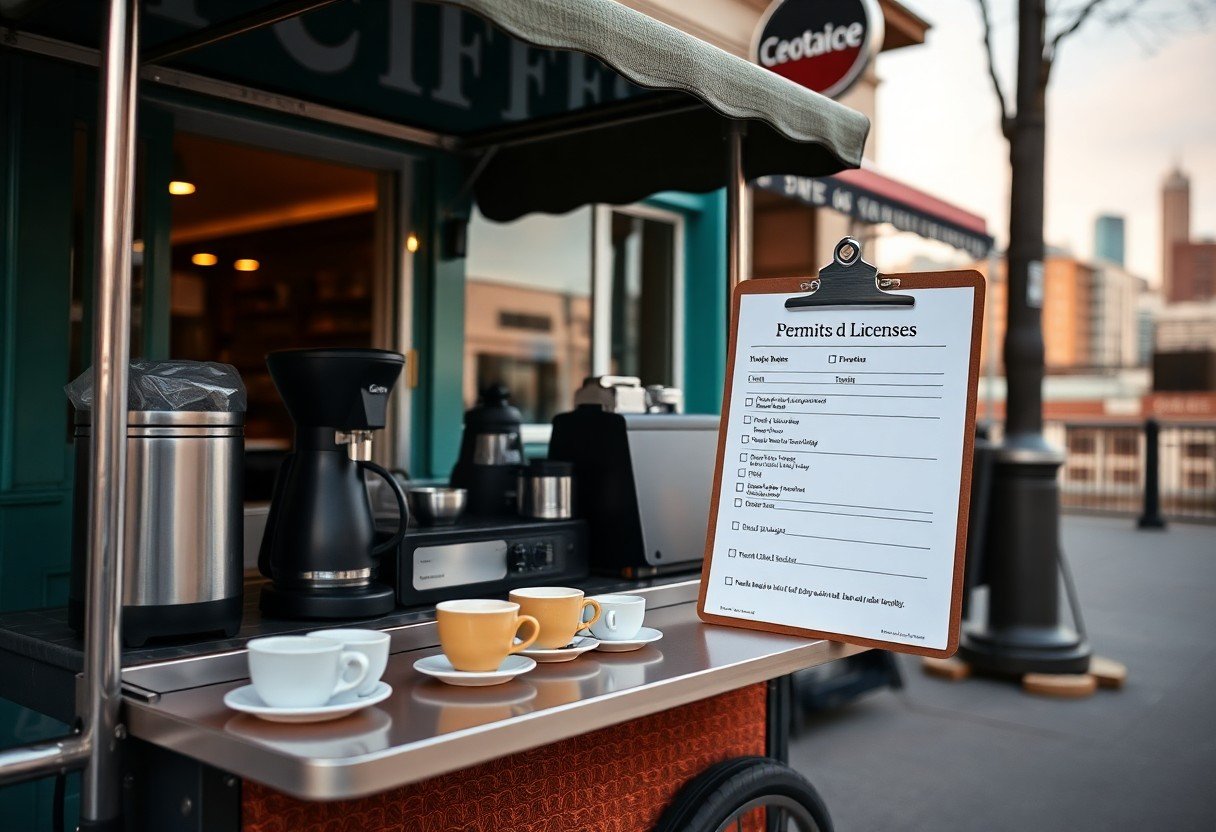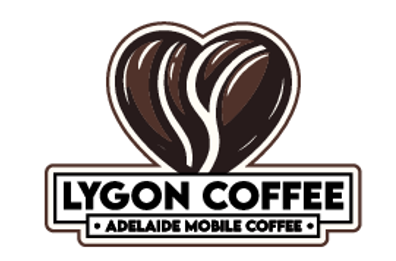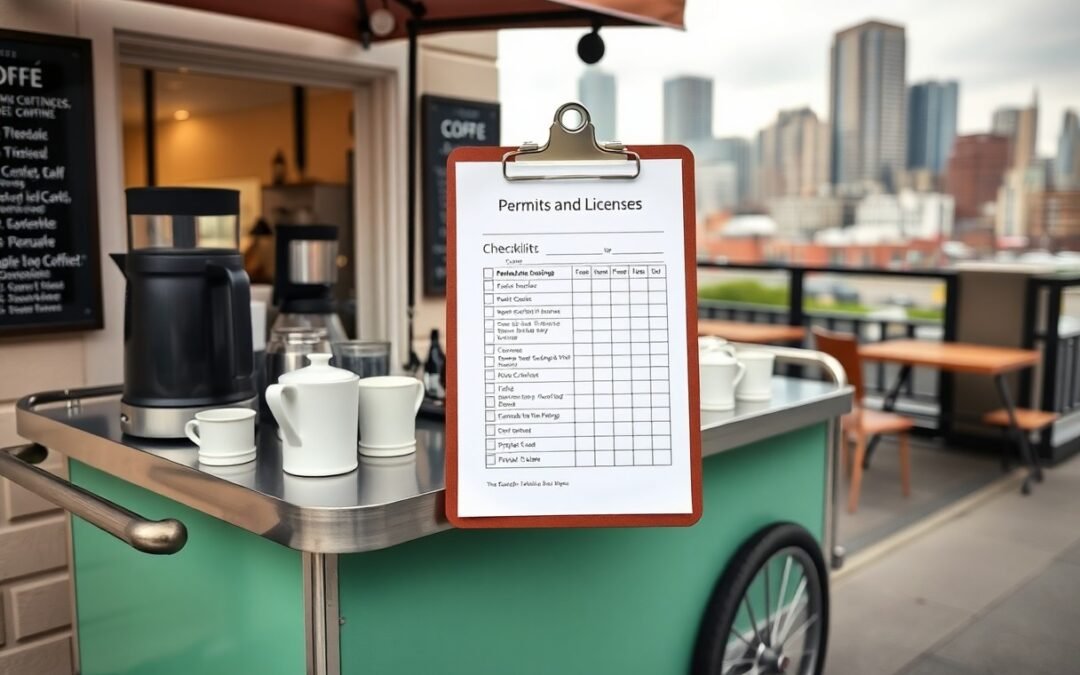This guide provides you with crucial strategies to develop a thriving mobile coffee business that prioritizes sustainability. You will learn how to select eco-friendly supplies, streamline your operations, and engage your customers while minimizing your environmental impact. By implementing these practices, you can create a successful coffee venture that not only serves delicious beverages but also supports a greener future. Prepare to elevate your business and make a meaningful impact in the coffee industry.
Crafting Your Unique Coffee Identity
Your coffee business thrives on its unique identity, which sets you apart from competition. This identity encompasses everything from your branding and visual aesthetics to your storytelling and customer interaction. Establishing a strong coffee identity enables you to resonate with your target market, cultivate customer loyalty, and ultimately create a niche that supports sustainability and growth.
Defining Your Brand Values and Mission
Your brand values dictate the core principles guiding your coffee business. Focus on what matters to you, whether it’s sustainability, community engagement, or high-quality sourcing. Articulating a clear mission statement, such as committing to ethically sourced beans or promoting local artists, creates a narrative that resonates with your customers and helps build a loyal following.
Choosing Your Specialty and Menu Offerings
Specializing in a particular type of coffee or brewing method helps to refine your brand and attract a dedicated customer base. From artisan espresso drinks to cold brew creations, your menu should reflect your brand values and appeal to your target audience. Analyze market trends and experiment with unique flavors or local ingredients to differentiate yourself, all while ensuring that your offerings align with your vision and operational capabilities.
Offering menu choices like single-origin espressos or signature drinks infused with locally sourced flavors allows you to highlight your unique identity. Engaging with your community through limited-time seasonal offerings can create excitement and draw customers in. Collaborations with local roasters or businesses add value and foster positive relationships within the industry. Emphasizing transparency, share the stories behind your specialty blends, which enriches customer experiences and builds a connection that extends beyond the cup.

Navigating Regulatory Terrain: Permits and Licenses
Launching a mobile coffee business requires navigating complex regulatory landscapes that can vary significantly by location. Understanding the specific permits and licenses needed is important for operating legally and avoiding fines. Researching your local regulations and engaging with municipal representatives will help you establish compliance. A well-structured approach to these requirements can set a solid foundation for your business.
Understanding Local Health Codes and Requirements
Familiarizing yourself with local health codes is vital for ensuring your mobile coffee operation adheres to safety standards. Health departments maintain regulations that govern food handling, sanitation, and equipment safety. These codes often dictate where you can set up, how you store ingredients, and the cleanliness of your operation. Ignoring these guidelines can lead to health violations and potential shutdowns.
Securing Necessary Business Licenses and Permits
Securing the appropriate business licenses and permits involves a detailed application process that’s specific to your locality. This may include a food service permit, a mobile vendor license, and a business tax registration. Each document serves a unique purpose, from legal operation to tax compliance. Start your application process early, as approvals can take time, and requirements may change based on local regulations.
For example, in many cities, obtaining a food service permit requires submitting health inspection reports, proof of employee training in food safety, and sometimes even a business plan detailing how you’ll comply with safety standards. Failure to complete this process correctly can result in delays and frustrations, so be thorough in gathering all necessary documentation. Consider consulting with a local small business association for guidance tailored to your area’s specific requirements, streamlining the process and improving your chances of approval.
Designing Your Mobile Setup for Efficiency
An efficient mobile setup maximizes your service speed and minimizes downtime, directly impacting customer satisfaction and profitability. Organizing your equipment for swift access ensures that you can handle high-volume periods seamlessly. Consider a layout that allows for a logical workflow, where each step, from brewing to serving, flows naturally. This may include strategically positioning your espresso machine, grinder, and steaming area to reduce movement and streamline operations.
Essential Equipment and Tools for Mobile Operations
Selecting the right equipment is necessary for a successful mobile coffee operation. Invest in a high-quality espresso machine, a reliable grinder, and portable brewing devices, such as pour-over kits or French presses, to accommodate varying customer preferences. Don’t overlook necessary tools like a commercial blender for specialty drinks, quality water filtration systems, and sturdy storage for supplies. Prioritize versatility in your gear to adapt to different locations and customer demands.
Creating an Inviting Customer Experience on Wheels
An inviting atmosphere can differentiate your mobile coffee business from others. Use aesthetically pleasing signage, engaging graphics, and a well-arranged setup to attract customers. Consider adding comfortable seating options, ambient music, and personal touches like plants or local artwork to enhance the experience. Regularly engaging with customers through friendly conversation and building rapport can also foster loyalty.
Consider the impact of your setup on customer perception. Engaging visuals and a clean workspace invite curiosity, prompting potential customers to approach. A menu display that highlights specialty offerings and seasonal drinks adds to intrigue. Use warm lighting and colorful branding to create a lively, welcoming appearance. Your approachability and the overall ambiance contribute to an enjoyable experience, making customers more likely to return and recommend your business to others.
Building a Loyal Customer Base and Community Engagement
Fostering a loyal customer base is crucial for the long-term success of your mobile coffee business. Engaging your community through events, social media interactions, and personalized experiences will create strong connections. Tailor your offerings to reflect local preferences and values, which helps to build trust and repeat business. Consider collaborating with local organizations or participating in local events to solidify your presence within the community.
Harnessing Social Media for Constant Connection
Utilize social media platforms to maintain ongoing connections with your customers. Share engaging content, schedule regular updates about your location, and announce special promotions while also encouraging customer interaction. By posting behind-the-scenes looks at your operations, you can humanize your brand and foster a sense of community. Engagement through comments and messages creates a loyal following that feels personally connected to your business.
Strategies for Loyalty Programs and Customer Feedback
Implementing loyalty programs can significantly enhance customer retention. Consider offering rewards such as free drinks after a certain number of purchases, or exclusive discounts for loyal customers. Regularly seek feedback through surveys or social media to understand customer preferences and areas for improvement. This not only increases satisfaction but also makes customers feel valued and heard, leading to stronger loyalty and word-of-mouth referrals.
Effective loyalty programs can encompass various strategies, such as a digital punch card system via an app or in-store purchases tracked manually. Offering tiered rewards encourages customers to engage more frequently, while personalized discounts based on previous purchases show you value their individual tastes. Combining these strategies with regular requests for feedback, such as short surveys or direct messages, ensures continuous improvement and helps create an inviting atmosphere where customers feel valued. This proactive approach fosters a solid relationship that encourages repeat visits and enhances your brand’s reputation within the community.
Sustainability Practices That Set You Apart
Incorporating sustainable practices into your mobile coffee business not only enhances your brand but also attracts environmentally conscious customers. By prioritizing eco-friendly methods from sourcing to waste management, you establish a unique selling proposition that can differentiate you in a crowded market. These practices resonate with customers who value sustainability, ultimately leading to loyalty and support for your business.
Sourcing Eco-Friendly Ingredients and Supplies
Choose organic, fair-trade coffee beans and locally sourced ingredients to enhance your product quality while supporting sustainable farming practices. Collaborating with suppliers who prioritize ethical production ensures that your coffee not only tastes good but is also grown with a minimal environmental impact. Packaging should also reflect your commitment to sustainability, utilizing biodegradable or recyclable materials to further reduce your ecological footprint.
Implementing Waste Reduction Strategies
Adopt waste reduction strategies by minimizing packaging waste and enhancing recycling efforts within your business model. Encourage customers to bring their reusable cups, offering discounts for those who do. Composting coffee grounds and using recyclable straws can significantly reduce waste generated by your operations, fostering an environmentally friendly image.
The implementation of waste reduction strategies can include setting measurable goals, like aiming to reduce single-use plastics by 80% within the first year. Tracking waste levels and adjusting your practices based on observed results can lead to innovative solutions, such as using leftover coffee grounds for local gardening initiatives or collaborating with businesses that repurpose waste materials. Partnering with local charities to donate unsold products also serves to build community relationships while reinforcing your sustainability commitment.
Summing up
Taking this into account, establishing a sustainable mobile coffee business requires careful planning and commitment to eco-friendly practices. By sourcing ethically produced coffee, minimizing waste, and engaging with your community, you not only enhance customer loyalty but also contribute to environmental preservation. Focus on optimizing your operations, from energy-efficient equipment to reusable cups, to ensure both profitability and sustainability. With your dedication to these principles, you can create a thriving coffee venture that reflects your values while appealing to a growing base of conscious consumers.
FAQ
Q: What are the initial steps to start a sustainable mobile coffee business?
A: Begin by researching local coffee regulations and permits. Create a business plan outlining your concept, target market, and sustainable practices. Source eco-friendly suppliers for coffee beans and equipment, and invest in a quality mobile setup.
Q: How can I source sustainable coffee beans?
A: Look for suppliers that offer fair trade and organic coffee beans. Establish relationships with local roasters who prioritize sustainability and ethical sourcing. Consider visiting farms to understand their practices and ensure their alignment with your values.
Q: What are effective marketing strategies for a mobile coffee business?
A: Utilize social media to showcase your products and unique selling points. Participate in local events and farmers’ markets. Build partnerships with local businesses and influencers, and consider offering loyalty programs to retain customers.
Q: How can I ensure my mobile coffee shop remains environmentally friendly?
A: Use compostable cups and straws, and minimize waste by implementing a recycling program. Incorporate energy-efficient equipment and consider using solar panels for electricity. Source local ingredients to reduce your carbon footprint.
Q: What are the benefits of offering specialty coffee options in my mobile business?
A: Specialty coffee options can attract a wider customer base and enhance your brand’s reputation. They allow for higher pricing, improved customer experience, and can differentiate your business in a competitive market. Additionally, educating customers on different brewing methods can increase engagement.

